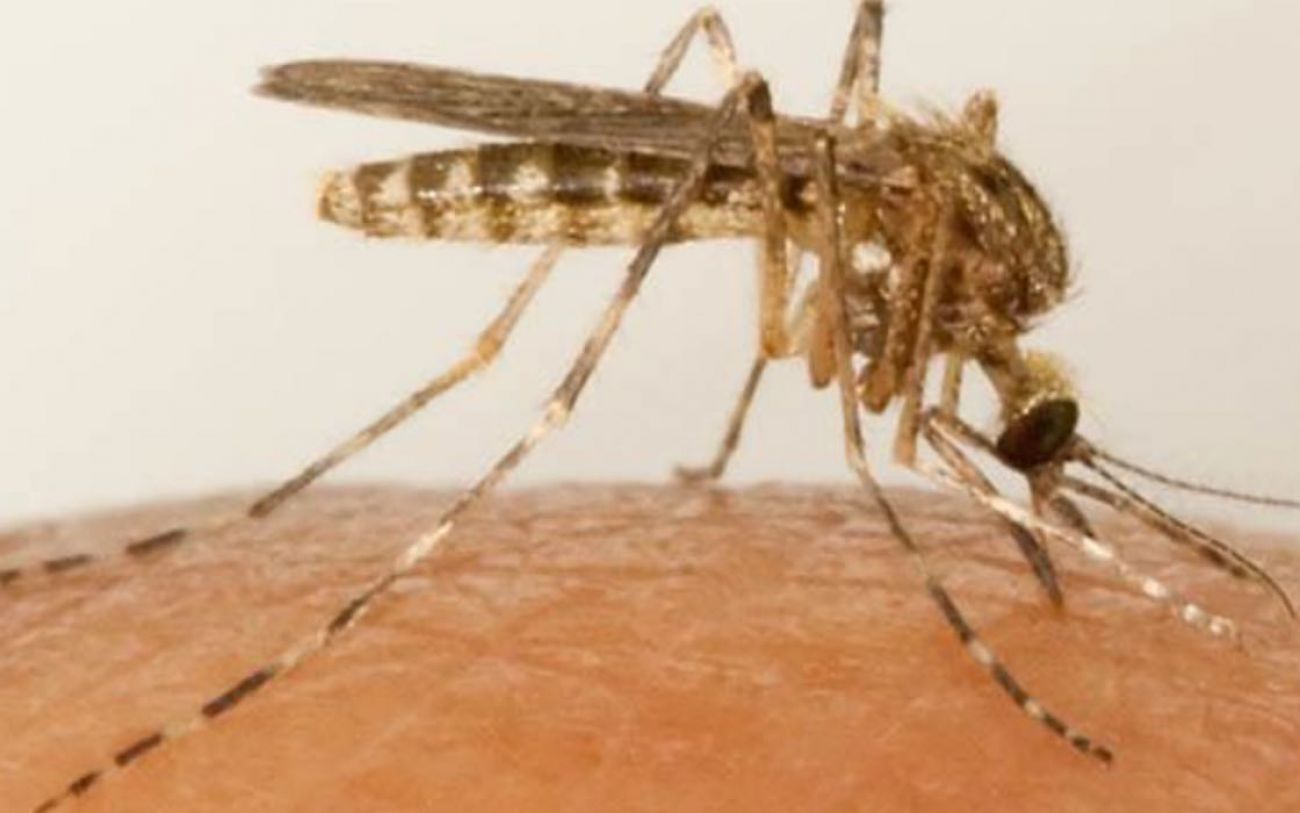Michigan to spray 14 counties to combat deadly EEE mosquito virus


Update: Bad weather, resident concerns hamper Michigan’s efforts to spray for EEE virus
With a continuing spread of deadly Eastern equine encephalitis, or EEE, in much of southwest Michigan, the state this weekend is launching its largest spraying program since 1980.
The spray will cover 720,000 acres considered the most high-risk areas in 14 counties at a cost of $1.5 million to $1.8 million, according to Lynn Sutfin, spokeswoman for the Michigan Department of Health and Human Services.
The counties are primarily clustered in the state’s southwest corner, but also include Lapeer and Genesee counties.
The continued climb in cases, as well as a warm spell ahead and no mosquito-killing frost in sight, drove the decision, state officials said. The state will pick up the cost of the program, which includes a contract with the Illinois firm, Clarke, which specializes in mosquito control, Sutfin said.
EEE is rare, but it is one of the most dangerous mosquito-borne diseases in the United States, killing roughly 1-in-3 people who become ill. Even those who survive may suffer severe and permanent brain damage. Adults 50 and older and children are at greatest risk.
On average, the United States reports about seven human cases each year.
This year, Michigan already has recorded nine cases among residents, including three fatalities. Illnesses have been reported in Barry, Berrien, Calhoun, Cass, Kalamazoo and Van Buren counties. Additionally, EEE has killed horses, white tail deer, and two wolf pups in a zoo in Barry, Berrien, Calhoun, Cass, Genesee, Jackson, Kalamazoo, Kent, Lapeer, Montcalm, Newaygo, St. Joseph and Van Buren.
Previously, just seven cases had been reported in Michigan in a ten-year period ending in 2018.
Three states had reported more human cases: Florida with 13 cases, Massachusetts with ten cases, and New York with eight cases, according to the Centers for Disease Control and Prevention.
The number of animal cases in Michigan may be higher than usual, in part, because residents are more likely to notice white tail deer acting oddly, said Tom Cooley, a wildlife biologist with the Michigan Department of Natural Resources, which conducts necropsies on animals whose deaths might be tied to infectious disease.
“We’re getting in deer just about every day,” Cooley said.
The spraying program is scheduled to begin at 8 p.m. Sunday, depending on the weather. Residents can get updates at Michigan.gov/EEE. Spraying continues until 4:30 a.m.
Low-flying aircraft will use an ultra-low volume spray — very fine aerosol droplets — in 2.5-mile perimeters around confirmed cases of EEE in humans or animals.
Droplets of organic pesticide, made of six chemicals that are toxic to insects, stay suspended in the air and kill adult mosquitoes on contact.
Spraying will occur in Allegan, Barry, Berrien, Branch, Calhoun, Cass, Jackson, Kalamazoo, Kent, Lapeer, Montcalm, Newaygo, St. Joseph and Van Buren counties. Though there haven’t been confirmed cases in Allegan, one case was near its border, Sutfin said.
Health officials said health risks are not expected during or after spraying and no special precautions are recommended; likewise, aerial spraying is not expected to have any impacts on surface water or drinking water.
However, individuals who have known sensitivities to pyrethrins ‒ a group of insecticidal compounds present in chrysanthemum flowers ‒ can reduce potential for exposure by staying indoors during spraying.
Spraying is conducted overnight when mosquitos are more active. Additionally, fish are less likely to be at the surface feeding and honeybees are most likely to be in their hives.
Public health officials noted that the aerial spray may reduce risk, but does not eliminate it, and they encourage residents to stay indoors overnight when possible, or use mosquito repellant with DEET, picaridin, IR3535, oil of lemon eucalyptus or para-menthane-diol, or 2-undecanone.
See what new members are saying about why they donated to Bridge Michigan:
- “In order for this information to be accurate and unbiased it must be underwritten by its readers, not by special interests.” - Larry S.
- “Not many other media sources report on the topics Bridge does.” - Susan B.
- “Your journalism is outstanding and rare these days.” - Mark S.
If you want to ensure the future of nonpartisan, nonprofit Michigan journalism, please become a member today. You, too, will be asked why you donated and maybe we'll feature your quote next time!





